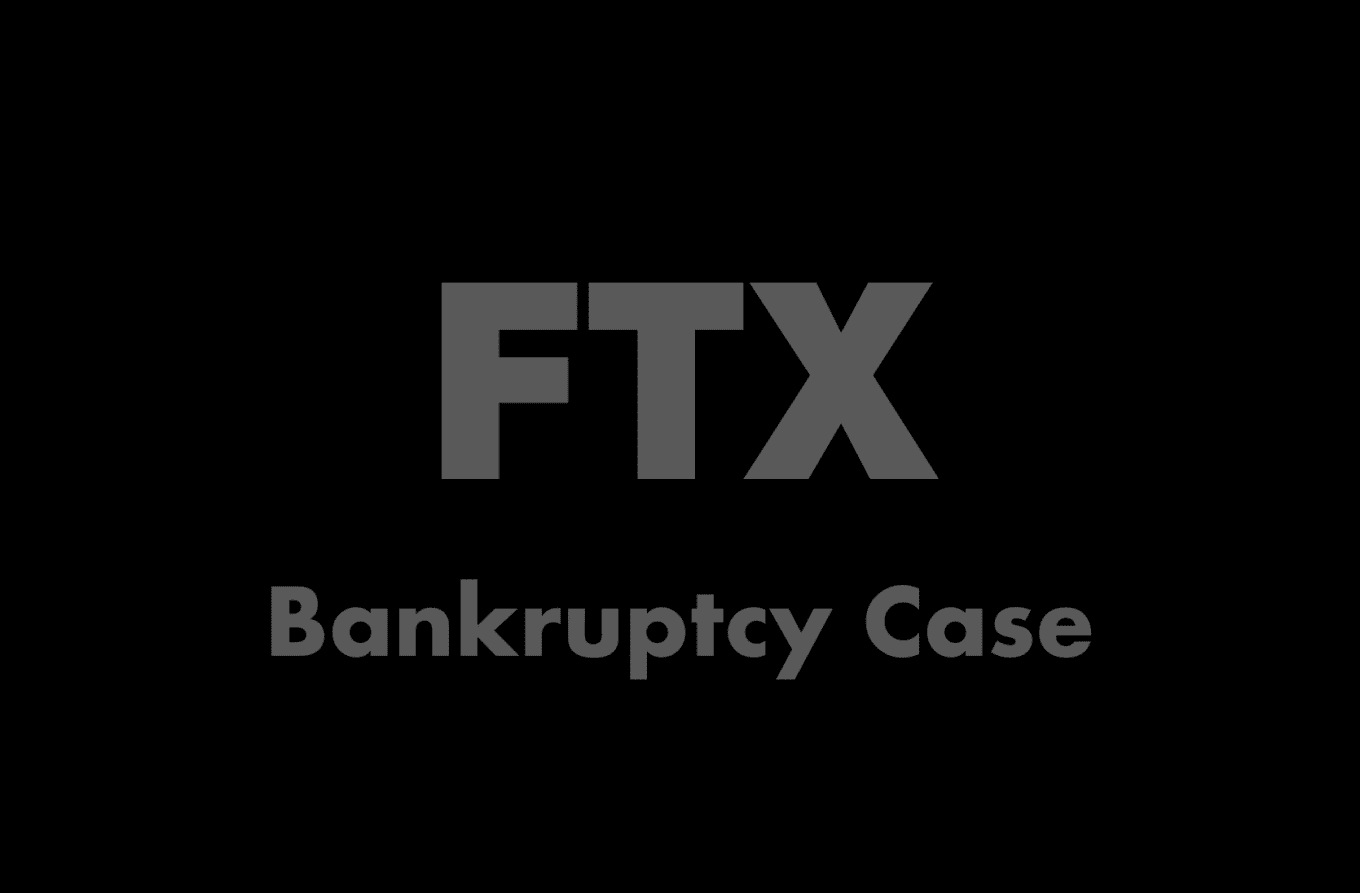The prolonged legal battles surrounding the bankruptcy of FTX highlight that the resolution process could extend beyond the duration of the next anticipated crypto bull run. According to Alan R. Rosenberg, a Markowitz Ringel Trusty & Hartog partner, the FTX case is poised to be more protracted than other crypto bankruptcies like Celsius and BlockFi, primarily due to the complex clawback claims being pursued.
FTX, embroiled in efforts to recover substantial funds expended before its insolvency, faces a myriad of legal hurdles. Rosenberg points out that while such claims are often settled outside of court, the settlement negotiations themselves can be time-consuming. Adding to the complexity, FTX confronts a staggering $24 billion claim from the Internal Revenue Service over alleged tax deficiencies.
The crypto exchange is already engaged in a legal tussle with Genesis, another crypto firm grappling with bankruptcy, and is pursuing additional lawsuits, including a $1 billion claim against ByBit and efforts to reclaim $71 million from its philanthropic arm. Prominent among these legal battles is the case against its former CEO, Sam Bankman-Fried, and other former executives, including Bankman-Fried’s parents.
A controversial aspect of this legal saga is the decision by U.S. prosecutors to drop a second indictment against the co-founder and former FTX CEO Sam Bankman-Fried related to political contributions, which adds another layer of complexity to the unfolding events. Furthermore, Rosenberg suggests that more complaints, possibly concerning FTX investments and its political donations, might arise.
A critical challenge in these proceedings is the valuation of cryptocurrency in avoidance action litigation, an area with limited case law. Rosenberg references the 2014 bankruptcy of HashFast as a potential precedent for addressing the valuation of crypto over time.
Another pressing issue in crypto bankruptcy cases is the method of compensating creditors, be it in crypto or fiat currency. With no definitive guidelines in place, this remains an area of legal uncertainty. However, Rosenberg is hopeful that the scale of recent crypto insolvencies and the integration of cryptocurrency into mainstream finance will spur legislators to establish clearer rules.
The FTX bankruptcy saga not only highlights the complexities inherent in cryptocurrency-related legal cases but also underscores the need for more defined legislative and regulatory frameworks to navigate these novel challenges. As the industry continues to evolve, the legal precedents set in cases like FTX‘s will likely shape the future of crypto regulation and enforcement.





